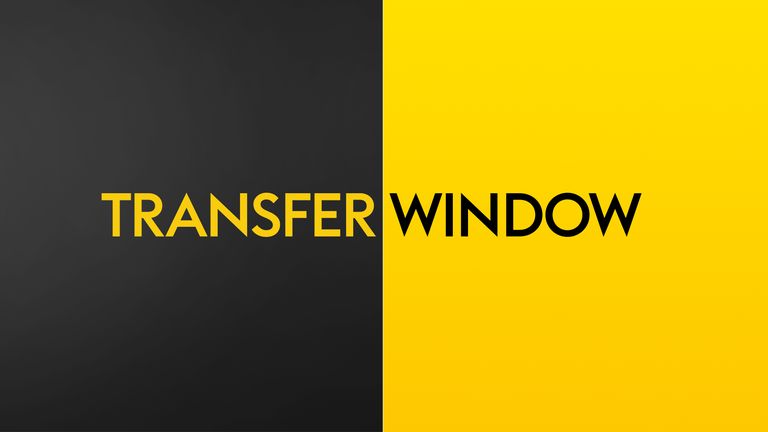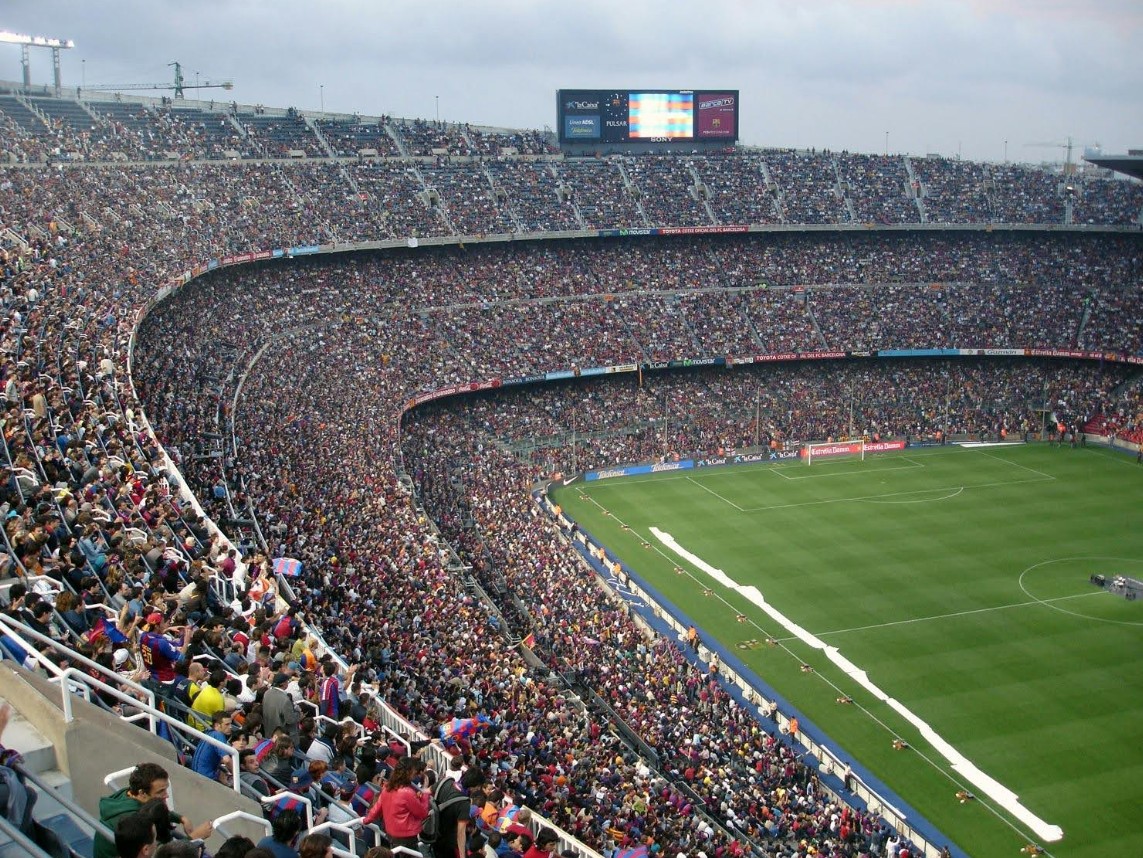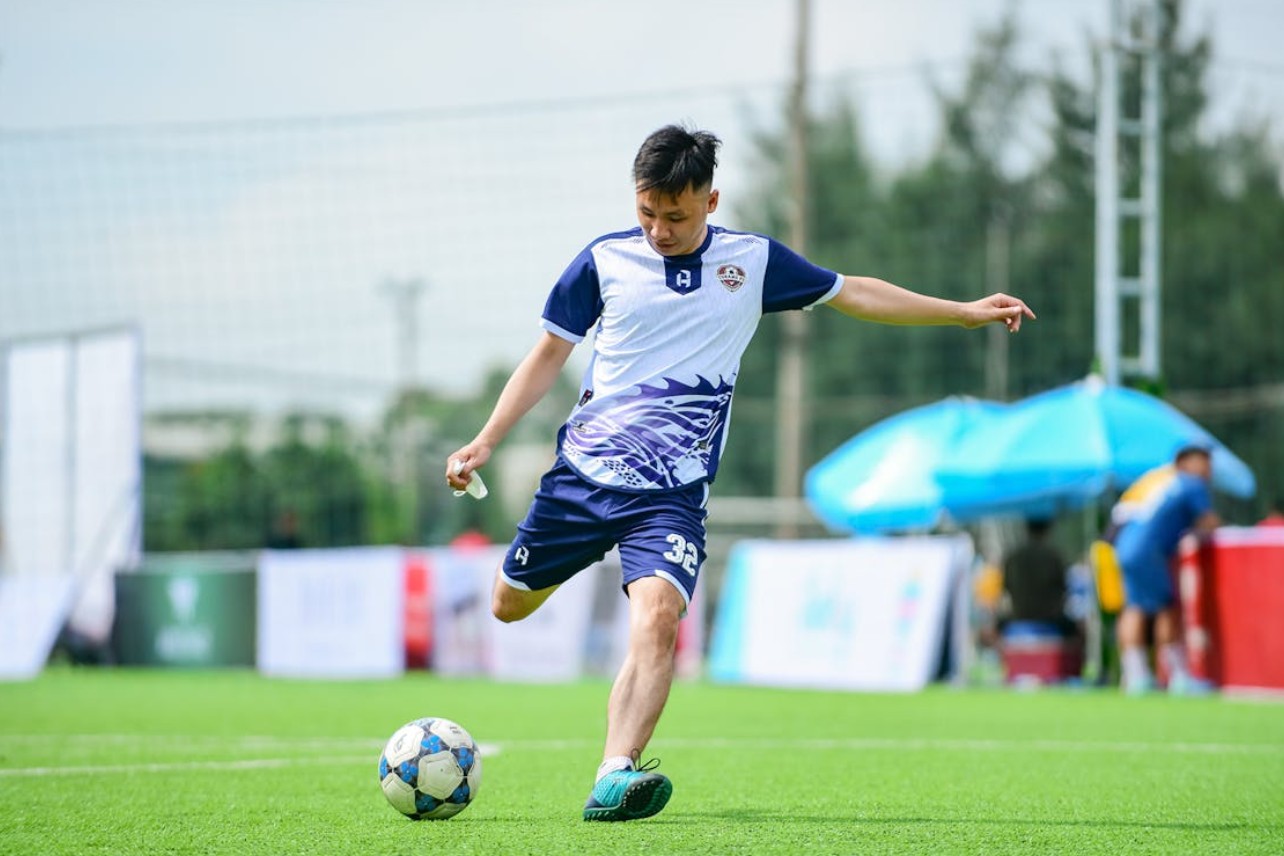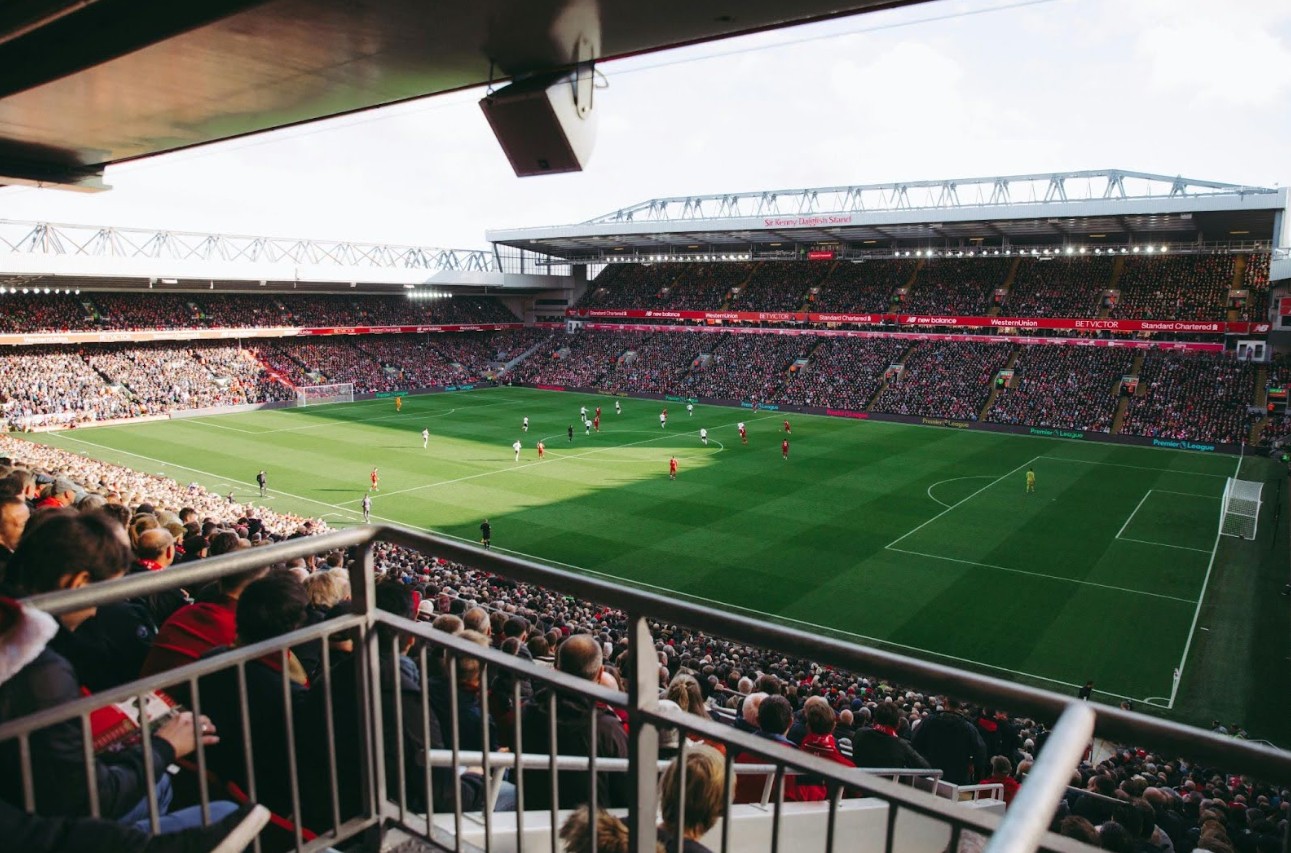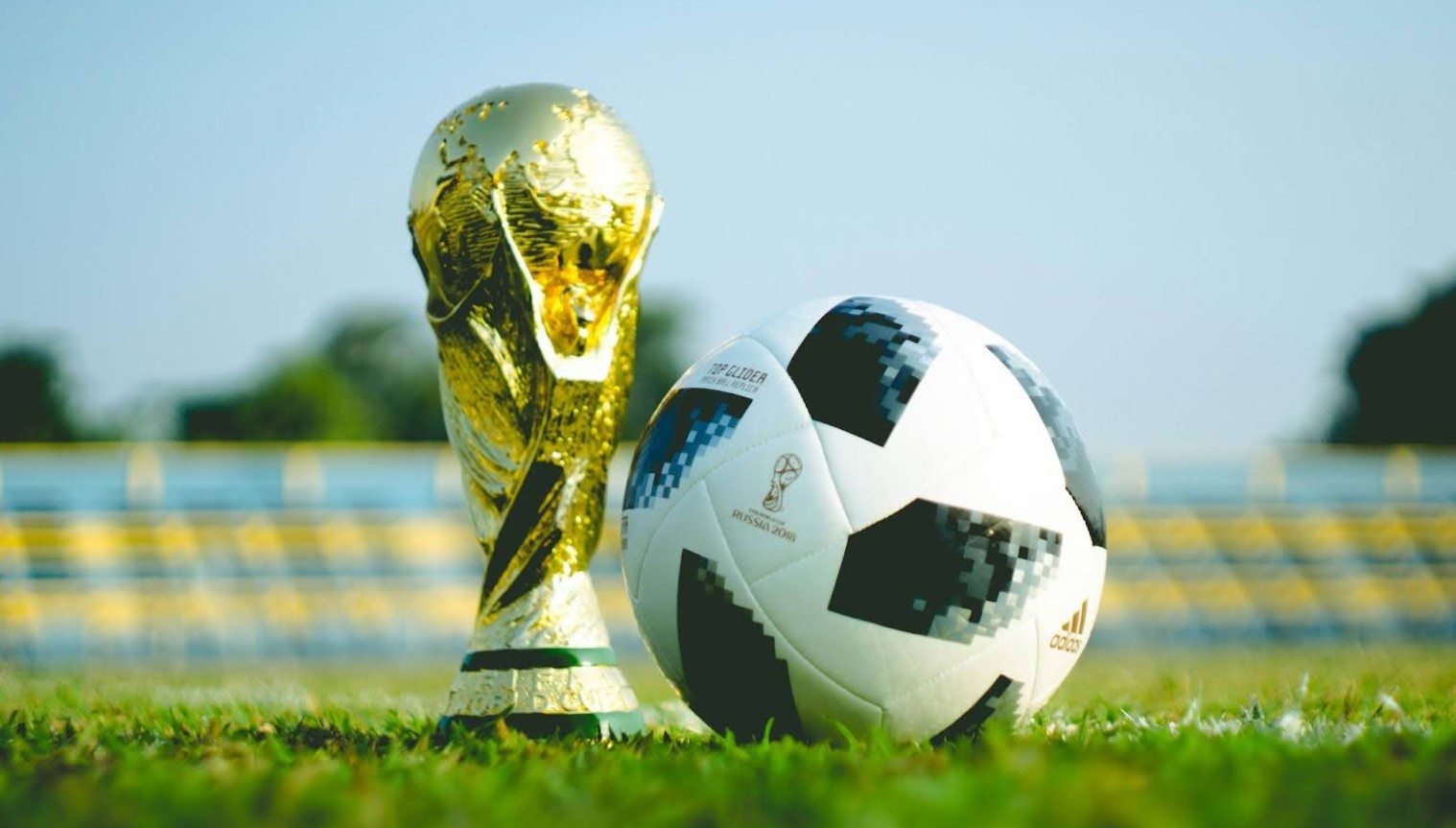How International Politics Shapes Big Football Transfers
Football doesn't exist in a vacuum. It never did.

Football doesn't exist in a vacuum. It never did. The game we watch on weekends and midweek nights is closely tied to things happening off the pitch. Especially when it comes to transfers. Behind the scenes, there’s a web of influence, and one of the strongest threads in it is international politics. In recent years, global power shifts, sanctions, and diplomatic tensions have directly impacted who goes where and for how much. Money talks, but politics often decides who gets to speak.
That’s why even in the seemingly simple act of buying a striker or offloading a midfielder, there are layers. Behind many of the biggest transfer moves lies a background story involving embassies, economic interests, or geopolitical shifts. Football clubs, agents, and even players themselves are no longer just dealing with sport. They’re navigating a world where political alliances and state policies matter. Paripesa - official site also reflects how interconnected betting, sports, and global affairs can be, especially when it comes to player movement.
Sanctions, Bans, and Blockades
When governments impose sanctions on countries, it doesn’t just hit industries like oil or banking. It affects football too. Clubs based in sanctioned nations often struggle to pay wages or offer competitive contracts. For players, that becomes a risk. For clubs in other countries, it becomes a legal and financial headache to negotiate with entities under restrictions.
Russia is a prime example. Since the start of the war in Ukraine, FIFA allowed foreign players to unilaterally suspend their contracts with Russian clubs. That triggered an exodus of talent from the Russian Premier League. But it also meant that clubs couldn’t easily reinvest or replace the lost players. Sponsorship deals evaporated. TV rights got canceled. It was a domino effect.
Chinese clubs faced something similar, though less about politics and more about shifting government policy. In the late 2010s, China pushed hard to make its Super League attractive to global stars. But once Beijing clamped down on "irrational spending," transfer activity collapsed almost overnight. Oscar, Hulk, and others were left in limbo or sought early exits.
State-Owned Clubs and Soft Power
Some of the richest clubs in the world are owned, fully or partially, by sovereign wealth funds. That means state money. And state money comes with state motives. These ownership models blur the line between sport and politics. The clearest examples are Manchester City (owned by the Abu Dhabi United Group) and Paris Saint-Germain (controlled by Qatar Sports Investments).
These are not just business ventures. They are tools of soft power. Hosting the World Cup, owning a Premier League club, building the best youth academies—they all signal influence and prestige. Transfers then become a form of diplomacy. Bringing in a Ballon d'Or winner? That’s not just for goals; it’s also for headlines and international respect.
It also explains why some deals go through easily, while others drag or fail altogether. Take the blocked sale of Chelsea to Roman Abramovich after sanctions. Or the protests and scrutiny surrounding Newcastle United's takeover by the Saudi Public Investment Fund. Each transfer, each deal, sits under a political microscope.
Visas, Work Permits, and Diplomatic Relations
When countries are on bad terms, it shows even in paperwork. Players from countries under political strain often face hurdles with visas and work permits. It’s not always headline material, but these things kill deals quietly. A talented winger might impress scouts, but if his passport triggers red tape, the club might pass.
UK clubs post-Brexit, for example, had to adjust fast. With new points-based immigration rules, signing young EU players became a slower, more complex task. Instead of picking up talent from France or Spain at 17 or 18, English clubs needed to wait until the players had enough first-team experience.
Similarly, countries with tighter diplomatic ties often facilitate football exchanges. South American players heading to Portugal or Spain benefit from looser rules due to historical and linguistic ties. That’s not coincidence; it’s geopolitics in action.
How Politics Alters Transfer Strategies
To navigate this political landscape, clubs have started factoring global risk into their scouting and negotiation strategies. It’s no longer just about a player’s stats or potential resale value. Stability, paperwork risk, and even diplomatic relations matter.
Here are a few ways international politics is changing transfer approaches:
- Clubs avoid politically sensitive markets. Agents report less interest in talent from high-risk nations.
- Short-term contracts for players from unstable regions. Clubs reduce exposure.
- Growing interest in neutral or "safe" markets. Scandinavia, for example, has become a talent hotbed.
This shifts the balance of power. Countries with stable politics and open economies become essential supply chains for talent. It also adds more leverage to federations and agencies familiar with political terrain.
Three Real-World Examples Where Politics Changed the Game
These cases underline how political tides reshape the football map:
- Mohammed Kudus to West Ham (2023). Ghanaian star’s move from Ajax involved post-Brexit rules and tax reforms in the Netherlands. Political changes in two countries shaped the timing and conditions.
- Miranchuk's struggles post-Ukraine invasion. The Russian midfielder found limited interest from Western clubs, not because of performance, but due to the political baggage of Russian football.
- Saudi Pro League summer spending (2023-2024). Backed by the state, clubs like Al-Hilal and Al-Nassr dropped massive bids. It wasn’t just for football—it was part of Vision 2030 and a soft-power PR push.
All three deals were influenced not by agents or tactics, but by the broader political environment. In each case, timing and location were just as important as skill.
Conclusion
Football transfers look simple: find a player, agree a fee, sign the deal. But under the surface, it's complex. International politics weaves through it all. Sanctions, ownership structures, global relations—they shape who moves and where. Players are more than athletes now. They’re assets, ambassadors, and sometimes pawns on a global chessboard.
Understanding these hidden forces helps make sense of modern football. It’s not just about who has the most cash, but who has access, influence, and a passport that won’t raise red flags. In today’s game, politics and football are playing on the same pitch.

